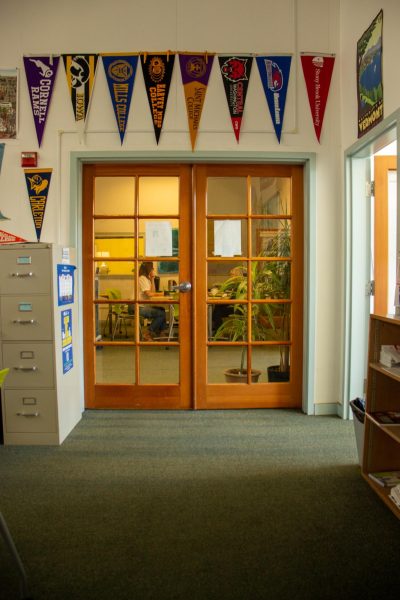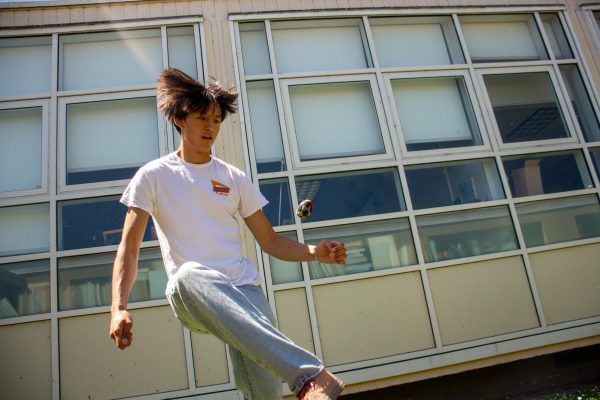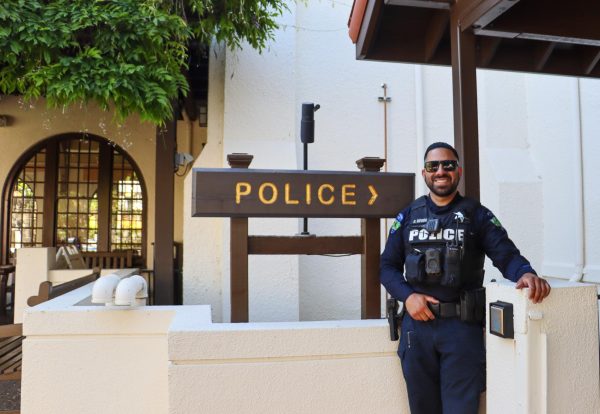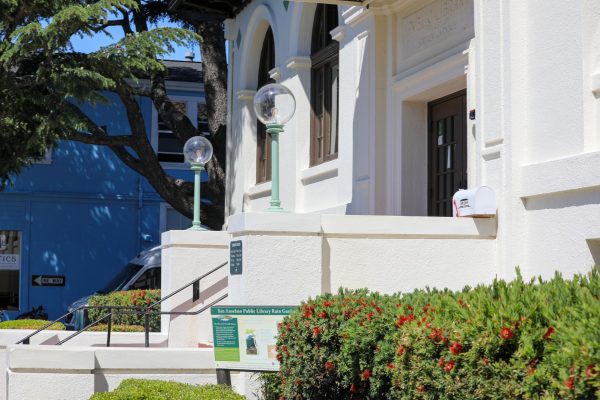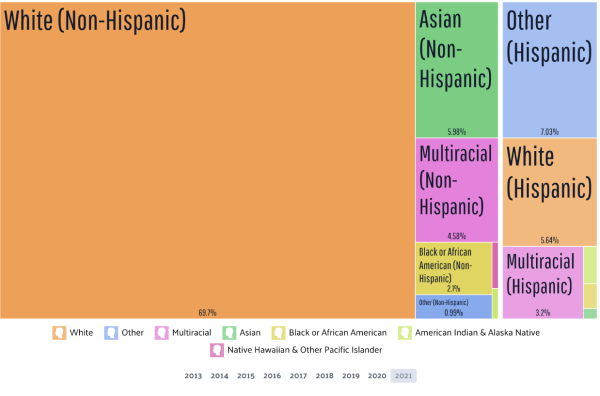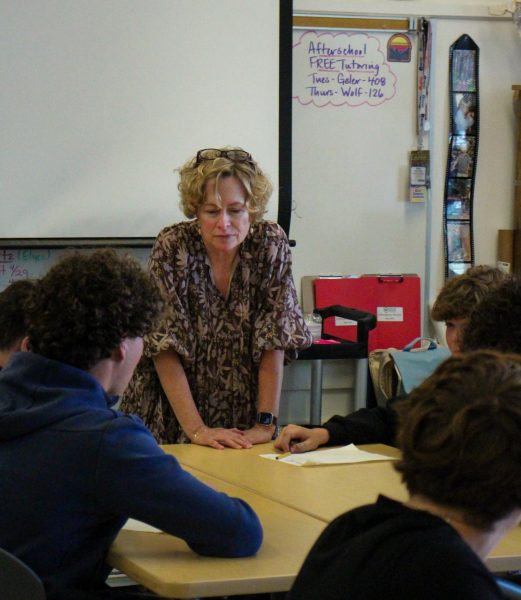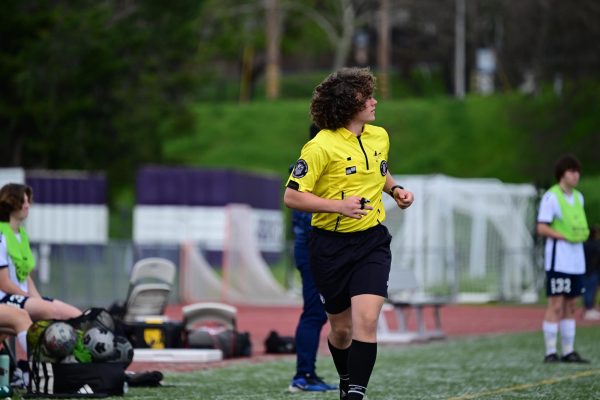Student mental health resources are abundant; what about teachers?
“I love it when a student comes to me and they’re like ‘Hey I just want to let you know that I’m having a tough time at home so if I seem different, here’s why.’ Then, as a teacher I’m already aware of the student so I can be more sensitive with attention.” said Rod Milstead, Applied Tech Teacher.
Although teachers constantly appear anxiety-free for their students, a study from the research organization Rand Corporation found that more than 75 percent of teachers reported frequent job-related stress, compared to 40 percent of other working adults (2021). Low wages, overwhelming workloads, and student interaction are a few of many stress-inducing matters teachers grapple with. The pandemic has only piled more on teachers’ plates.
School psychologist Amy Azlatoper works directly with teachers to help support students who are struggling, but will also meet with teachers to deal with personal crises.
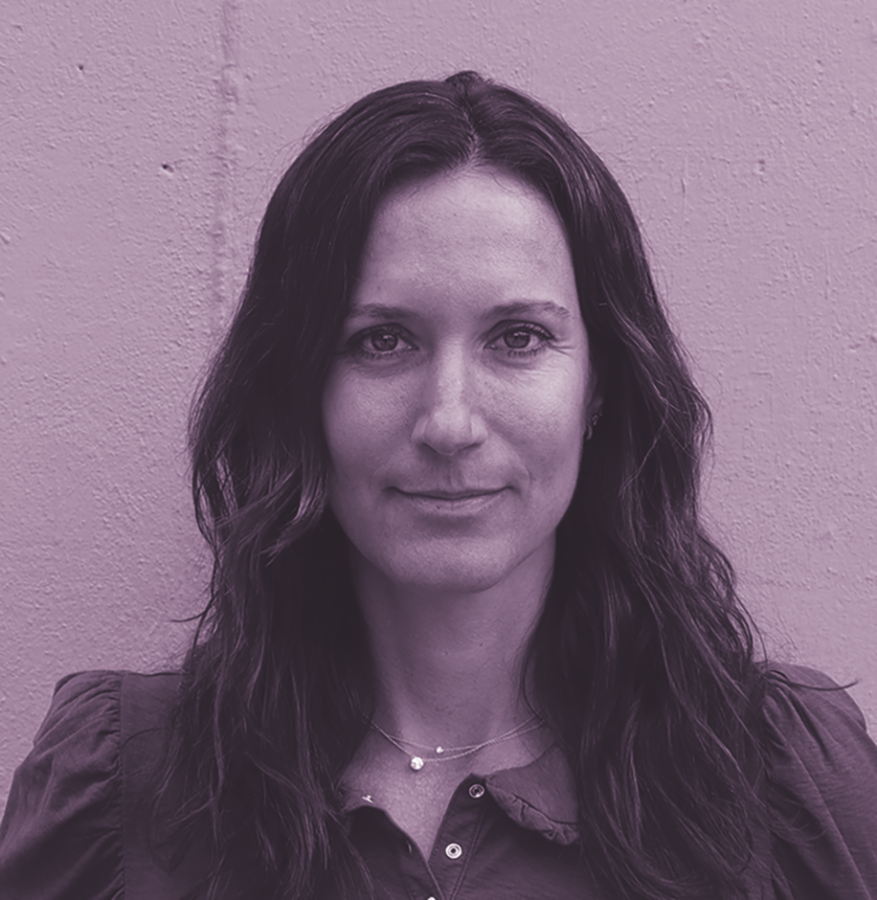
“There’s been a lot of fallout as a result of COVID-19 and students being at home for a year,” Azlatoper said. “Teachers have been stressed by health concerns regarding themselves and their families, the demand of being essential workers, learning new technology and teaching platforms on a moment’s notice, and [sometimes] being masked all day.”
In response to teachers’ distress over personal and professional issues during COVID-19, Bay Area Community Resources Wellness Counselor Pilar Prime and Wellness Counseling Intern Jenny Oppenheimer started a socially distanced outdoors support group for teachers to connect with each other and find consolation in October 2020. Although the group only had an average of four to six attendees, teacher Rod Milstead found the community beneficial.
“That was really great just to realize that we are all managing similar concerns and issues around teaching at home and managing our own household,” Milstead said.
Oppenheimer does not think the smaller turnout was negative, as the intimacy created a closer bond between attendees. However, the group closed in January 2021.
“It was more in the beginning of the pandemic, but people’s schedules were crazy and it was hard to get consistent attendance. Because of that [the group] had its natural end and we decided not to offer it again this year,” Oppenheimer said. “I think if staff were interested in something like that again, Wellness would be open to it, it would just depend on the availability and schedules of various counselors.”
On-campus counseling for teachers has not progressed much further than the pandemic support group. Teachers may contact the Employee Assistance Program (EAP) to access six free therapy sessions per year. If additional assistance is needed after the six sessions conclude, the EAP will assist in branching off into further options. However, these options would no longer be free and instead would rely on an individual’s insurance or out-of-pocket payment. The Pitch reached out to Wes Cedros, Assistant Superintendent of Human Resources for comment; Cedros did not respond.
A considerable number of TUHSD staff health plans are covered by Kaiser Permanente, which has not proven to be the most reliable in terms of therapy. Wellness Coordinator Katrina Southard has observed that it can be a challenge to find mental health support through Kaiser, especially if the patient does not have an acute mental illness; Milstead agrees.
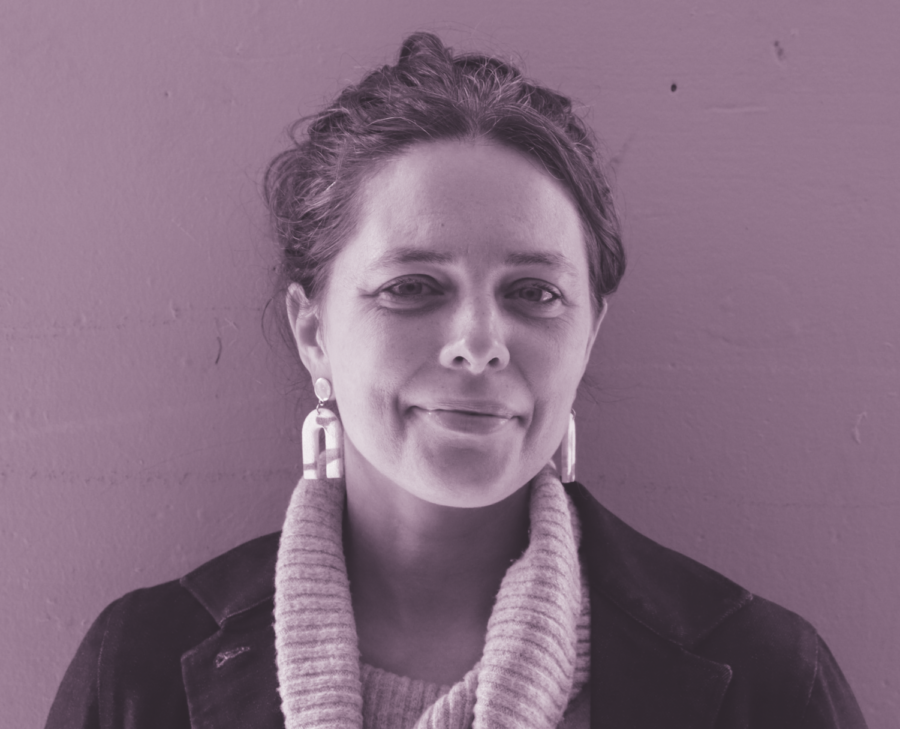
“Kaiser could improve, it can be anywhere from four to six weeks between the time you make the first phone call and actually start getting help; help that’s intermittent at best,” Milstead said. “Kaiser really wants you to do group sessions, there’s nothing wrong with group sessions but not everyone wants that.”
Aside from traditional therapy where an individual receives verbal counseling from a licensed psychologist, AWHS strives to provide support for teachers from on-campus events through services from massage therapy to cards on birthdays. Southard believes that TUHSD properly supports their teacher’s wellbeing in contrast to other districts.
“I’ve worked in a couple of school districts and [TUHSD] in particular has been the most supportive school district and community by far. The students, for the most part, are capable and ready to learn,” Southard said. “I’ve worked in schools with next to no resources. It can be frustrating for teachers to go into a profession really wanting to support kids and provide knowledge, only to find that students’ basic needs are not being met and they’re not in a space of being fully ready and able to learn.”
Similarly to Southard, Milstead is grateful for such a supportive community and is dedicated to his students’ well-being. While everyone’s mental health is important to create a positive environment, he thinks that students’ mental health should be the main focus at school.
“I love it when a student comes to me and they’re like ‘Hey I just want to let you know that I’m having a tough time at home so if I seem different, here’s why.’ Then, as a teacher, I’m already aware of the student so I can be more sensitive with attention,” Milstead said.
As a teacher, Milstead finds himself constantly observing students’ behavior and the change in it. Sometimes this behavior change can be distressing as he empathizes with his students.
“[Our] radar is always on, which is a good thing… as with so many professions, we are managing a lot externally,” Milstead said. “Teachers are going to be positively impacted, but sometimes challenged, by what’s happening in the classroom and if an individual student is having a tough day, the teacher is going to take that on too.”
Teachers are met with students of all turns of mind, and the mental strain of their profession needs an outlet. AWHS strives to support its teachers from free therapy sessions to mindful activities, working to provide a comfortable and safe environment. While this is not the case for all districts, it will be the ideal future standard.
Your donation will support the student journalists of Archie Williams High School. Your contribution will allow us to purchase equipment and cover our annual website hosting costs. Each donation will receive a magazine subscription for a year (6 copies a year), and become a part of the important work our publication is doing.
$35 -- Subscription to the magazine
$50 -- Silver Sponsorship
$75 -- Gold Sponsorship
$100 -- Platinum Sponsorship

Corina is a senior, in her third year of journalism. You can often find her at a concert and spending time with friends. She loves Mexican food and listening...




